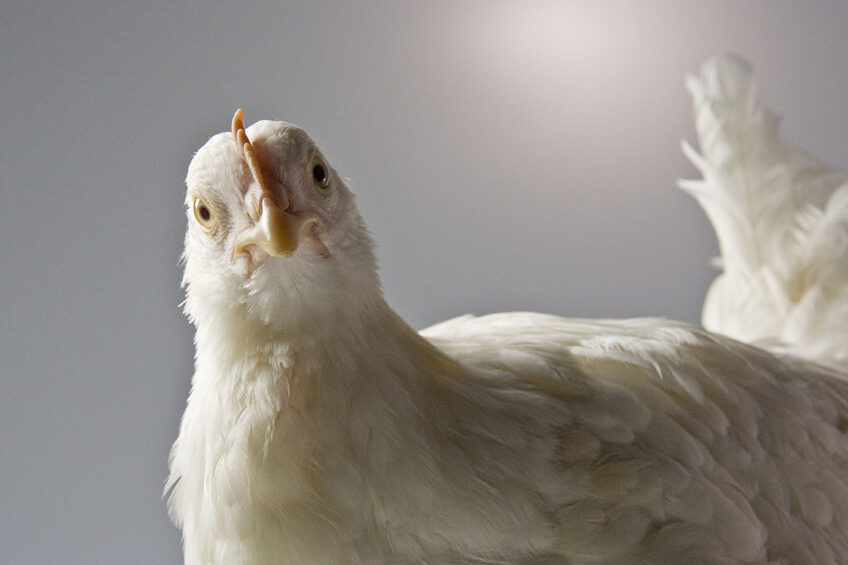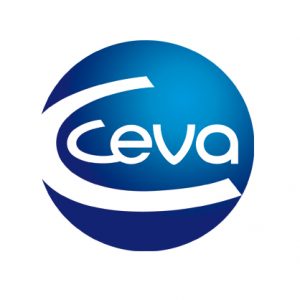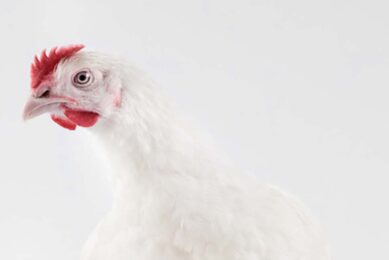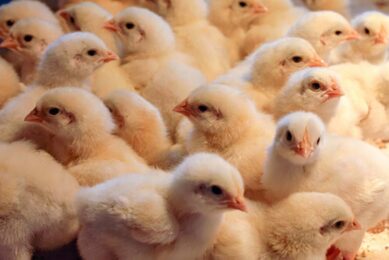Advances in vaccine development to control Newcastle disease

As we are approaching 100 years since it was reported for the first time, Newcastle disease (ND) continues to challenge the poultry industry globally causing in some countries devastating losses. Recent advances in vaccine development have allowed a significant impact in the control of this disease.
Novel ND vaccines permit massive and uniform vaccine administration at the hatchery to induce early and lifelong lasting immunity with minimal additional field interventions have been achieved. Technological advances in the molecular biology field have allowed the design of a genetically engineered vaccine against ND to make it more effective than conventional vaccines with eliciting broader immunity with lifelong duration as well as avoiding interference with the maternally derived antibodies. Additionally, mass administration at the hatchery ensures uniform immunisation without the limiting factor that the maternal immunity causes to inactivated conventional ND vaccines delaying and lowering their immune response without mentioning the tissue reaction, transmissibility of ND field virus challenges and risks involved in self-injection of the operators during vaccination. The cumulative advantages carried in the implementation of Vectormune ND vaccination at the hatchery as part of a regular health programme makes it the ultimate advanced tool for ND control.
Economic advantage
Large scale field trials allow to measure differences and consistency in ND protection when vaccination programs are compared to determine the distinctive benefits of one ND vaccination programme over the other and to translate them into economic advantages. We present here an example of a comparative field performance study involving over 1 million birds, from the same commercial operation and similar management system, receiving 2 distinct ND vaccination programs and grown up to 41 days of age targeting 2.5 Kg average live body weight. Commercial broiler flocks were raised during a contemporary period of time. Production performance parameters are presented in Table 1 indicating the statistical significance for the main parameters measured with its consequent economic benefits.
The economic benefits were calculated based on the production differences considering additional 100 g/ bird in body weight and 3 points lower in the feed conversion ratio with the Vectormune ND vaccination programme which translates into € 58 per 1,000 birds in this study (Figure 1). The benefits generated are the result of its 3 unique characteristics:
1. Elicits all types of bird’s immunity
2. Avoiding MDA interference
3. Minimise ND field virus transmission
Figure 1 – Statistical analyses of Vectormune ND vs. Inactivated ND vaccines showing higher body weight (100 g) and a lower feed conversion ratio (3 points) in broiler flocks vaccinated with Vectormune ND.

Click here to enlarge this figure
Protection parameters against ND
Several parameters must be included in the evaluation of a ND vaccine to be considered protective against this viral disease. Effective ND vaccines permit individual and mass administration at the hatchery, either by in-ovo or subcutaneous routes, to ensure a uniform and consistent immunisation early in the life of a bird. Additionally, the immunogen must elicit cell-mediated and systemic and local antibody-mediated immunity inducing early and lifelong lasting immunity with minimal additional field interventions. Several factors are listed in Table 2 to be considered in the selection of a ND vaccine as part of the health programme of a given flock, with minimal changes under different field pressure conditions.
1. Elicits all types of immunity
Numerous studies have demonstrated the activation of the different branches of the immune system after vaccination with Vectormune ND. Evaluation of several types of immune responses (Cell-mediated, systemic and local antibody-mediated immune responses) under severe challenge studies using a variety of very virulent ND viruses that have emerged in different regions of the world, have demonstrated the broad spectrum of protection and lifelong immunity elicited by the vaccine when compared with conventional inactivated vaccines.
2. Avoiding MDA Interference on Immunity
Achieving earlier protection against ND at the hatchery with a combined passive and active immunity offers immediate protection benefits and allows the build-up of a strong and lifelong immunity. This may be accomplished with an adequate immunisation programme. The HVT vaccine strain generates its early immunity through cell to cell replication without getting in contact the systemic maternal antibodies. The use of conventional live inactivated vaccines at the hatchery in the presence of maternally derived antibodies has been proven to be ineffective with a delayed and low immune response.
3. Minimise ND field virus transmission
Vaccination against ND at the hatchery has significant advantages, especially when the most effective ND vaccines are included in the programme. Virulent challenge studies help to evaluate and compare the protection given by different vaccination regimens. Morbidity, mortality and diverse types of immune responses (Cell-mediated, systemic and local antibody-mediated immune responses) were measured after very virulent ND challenge to evaluate the protection given by a conventional ND vaccination regimen versus a vectored vaccine administered to commercial broilers at the hatchery. Virulent ND challenge virus excretion helps to measure efficacy in the control of systemic virus replication after inoculation (Figure 2). Challenge with a vvNDV (Genotype VII) was performed at 28 days of age.
Figure 2 – Comparison of virus excretion after virulant NDV challenge.

Click here to enlarge this figure
Summary
Newcastle disease continues to challenge poultry production operations globally causing in some countries devastating losses. Implementation of ND immunisation programmes must be adopted to minimise the risks involved with this viral challenge. Comparison of different ND vaccination regimens allows evaluating protection levels and consequent economic benefits. Numerous studies have demonstrated the broad spectrum of protection and lifelong immunity elicited by Vectormune ND when compared with conventional inactivated vaccines. Maternally-derived immunity does not interfere with the immunity induced by the HVT vaccine. Additionally, it allows massive and uniform immunisation when applied at the hatchery along with a live ND enterotropic strain, inducing a synergistic immune response early in the life of the bird. The superior performance of Vectormune ND is due to its ability to avoid MDA interference and the capability to elicit all types of immunity.
Authors:
Mustafa Seçkin Sandikli
Global Marketing Manager at Ceva
Fernando Lozano, DVM
Global Veterinary Services Manager, Ceva
Jaime Sarabia, DVM
Global Veterinary Services Manager, Ceva
Christophe Cazaban, DVM
Poultry Scientific Director, Ceva
Mathilde Lecoupeur
Real-World Evidence Data Manager at Ceva
Join 31,000+ subscribers
Subscribe to our newsletter to stay updated about all the need-to-know content in the poultry sector, three times a week. Beheer
Beheer





 WP Admin
WP Admin  Bewerk bericht
Bewerk bericht